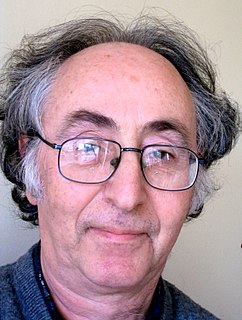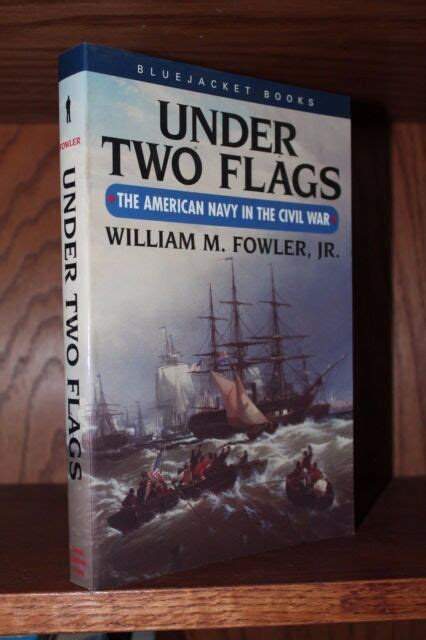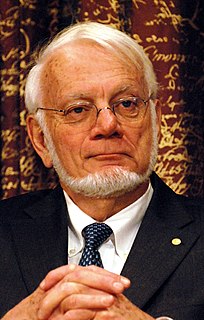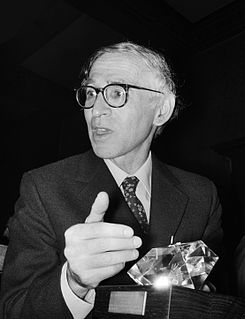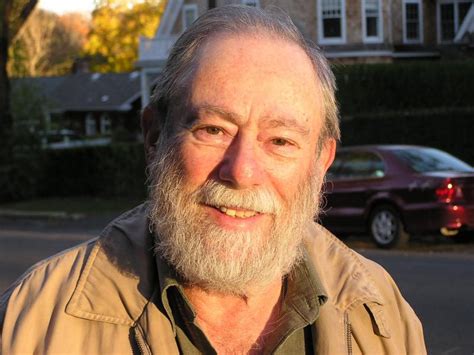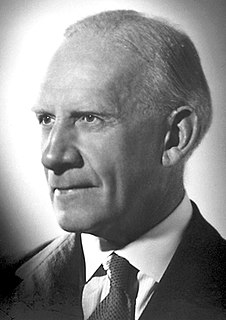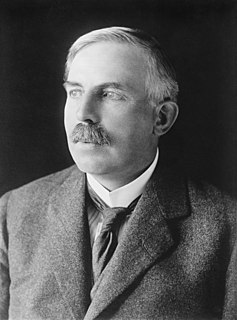A Quote by Brian Josephson
The events leading to the discovery of tunnelling supercurrents took place while I was working as a research student at the Royal Society Mond Laboratory, Cambridge, under the supervision of Professor Brian Pippard.
Related Quotes
I grew up in Muenchen where my father has been a professor for pharmaceutic chemistry at the university. He had studied chemistry and medicine, having been a research student in Leipzig with Wilhelm Ostwald, the Nobel Laureate 1909. So I became familiar with the life of a scientist in a chemical laboratory quite early.
It is true that my discovery of LSD was a chance discovery, but it was the outcome of planned experiments and these experiments took place in the framework of systematic pharmaceutical, chemical research. It could better be described as serendipity. That means that you look for something, you have a certain plan, and then you find something else, different, that may nevertheless be useful.
In the field of astronomy in the mid-'60s, quasars were very sexy objects - gigantic, star-like masses about which little was known. I was a graduate research student at Cambridge working towards my Ph.D. and chose quasars as the subject for my thesis. Part of my project involved surveying the sky for them using a radio telescope.
